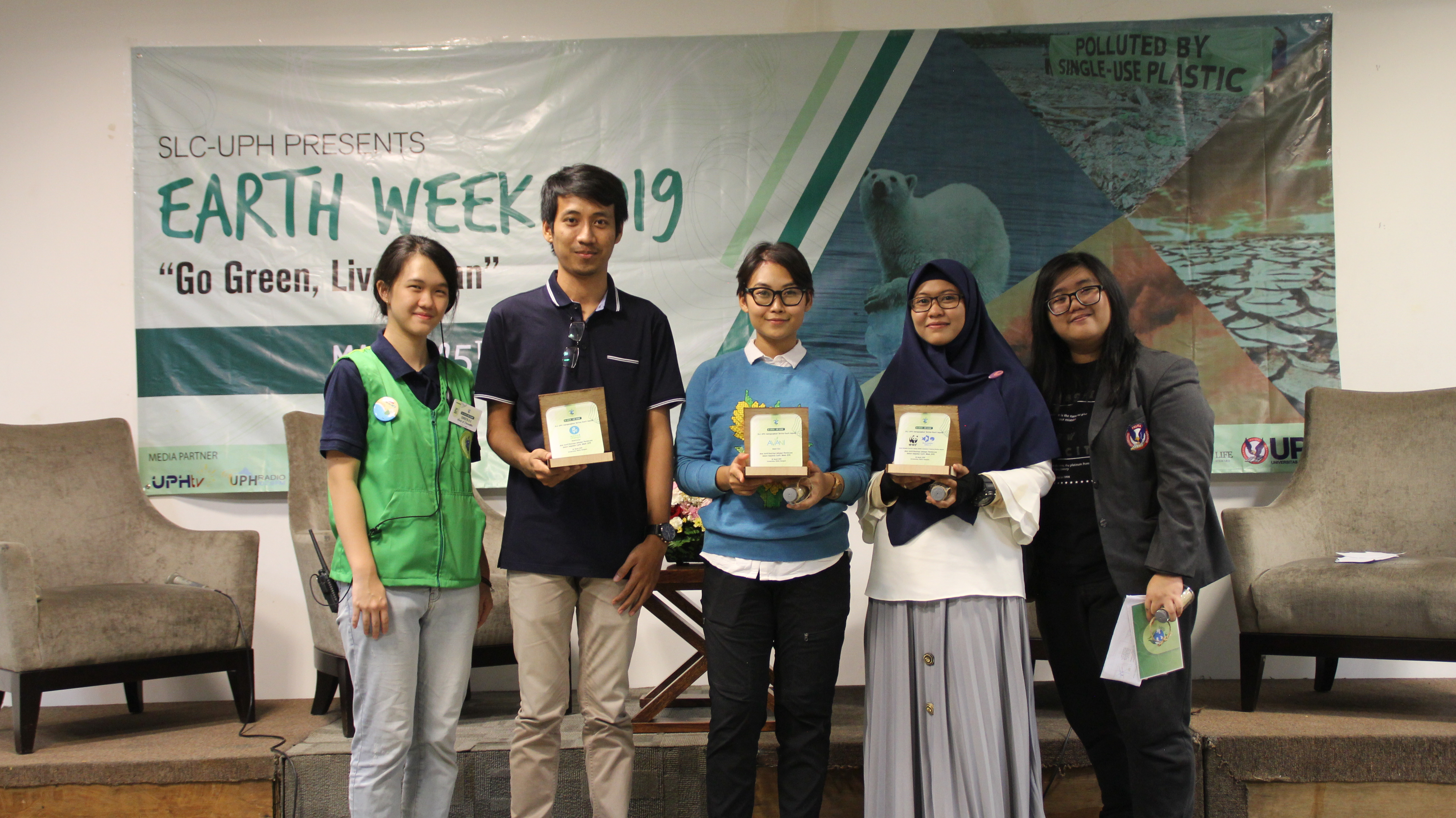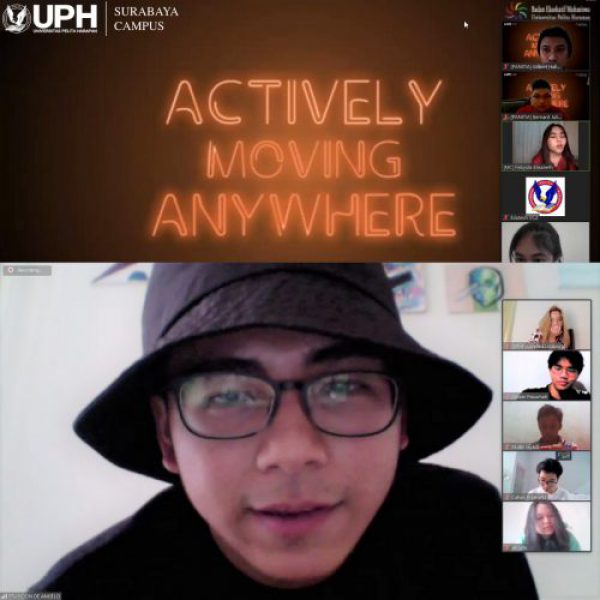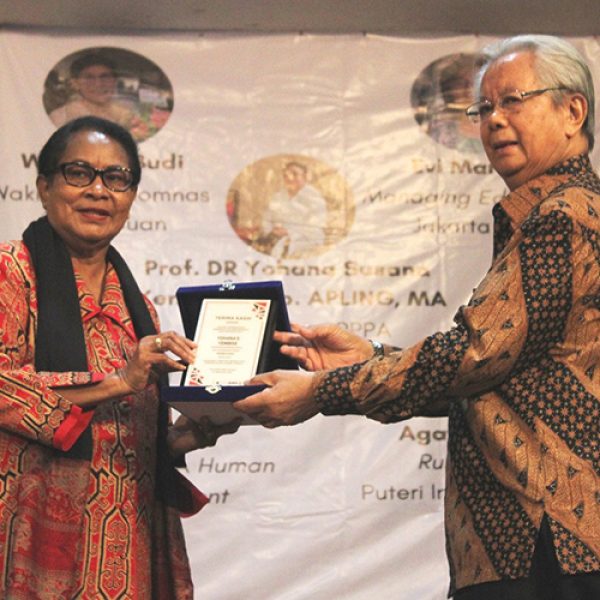2019
Earth Week 2019: UPH Urges Students to Use Less Plastic.

In light of Earth Week on April 22, 2019, various attempts to help conserve our natural habitat have been made by different enterprises. In 2018, the government initiated a war against plastic use. However, the practice of putting aside plastic is a long process. There needs to be an awareness and understanding from the society as a whole. The Minister of Maritime and Fisheries Affairs, Susi Pudjiastuti, states that until now, Indonesia is still the second-largest plastic litterer in the whole world.
This year, Universitas Pelita Harapan Service Learning Community (SLC UPH) celebrated Earth Week with the theme “Go Green, Live Clean”, held on March 25-28, 2019.
The event featured a film discussion. “A Plastic Ocean” highlights the bad effects of waste on living organisms. We must be aware that because all living beings depend on each other, waste will not only affect marine organisms, but also organisms living on land, like humans and animals. It is our responsibility to make a better living condition for everyone. This film discussion was held on March 26, 2019, at C402, and is led by environmental activists – Hani from WWF (World Wide Fund), Martin from Waste 4 Change, and Anindita from Avani Eco, an Indonesian company focusing on biodegradable plastic products.
These activists shared their experiences participating in environmental activities. There are a lot of ways to contribute to the well-being of our environment.
Martin, founder of Waste 4 Change, told the audience that his 2014-founded company’s mission is to provide environmentally friendly waste management and to make a waste-free Indonesia. Through Waste 4 Change, Martin and his team set up campaigns, research, and suggestion forums to help battle waste excess. They want a future where waste that has been categorized are not simply thrown away but can return benefits for the people.
Anindita, representing Avani, an industry focusing on environmentally friendly packages, focuses on urging people to turn waste into useful products, instead of just throwing them into the sea or other parts of our Earth.
Anindita believes that one of the potential outlets that must be promoted more is waste to worth. This is a movement where waste can be made into something useful, such as Styrofoam and food packaging substitutes.
Hani from WWF shared that it is also important to have a mentality that is curious about the environment and a heart that actually cares. This is a necessary step towards finally deciding the concrete steps that should be taken to manage plastic waste.
“I would like all of us to be more genuinely curious about the well-being of our Earth. If we know the phenomena happening around us, we will become more aware of our living place. Only then can we decide what participatory action we can take to help make our environment a better place to live,” Hani asserted.
The film “A Plastic Ocean” tells us that a change can happen, as long as we start from ourselves – we must have a mentality that cares for our environment and that wants to make a better living condition for all living organisms. This event does not only familiarize participants with viral issues around plastic waste – it also urges everyone to take action – starting from our most immediate community.
More than 70 students from various faculties participated in this film discussion. Representatives from different study programs are also present. It is hoped that this film discussion, as well as the experiences shared by activists, can lessen the amount of plastic waste on campus, as well as in other parts of the society.



